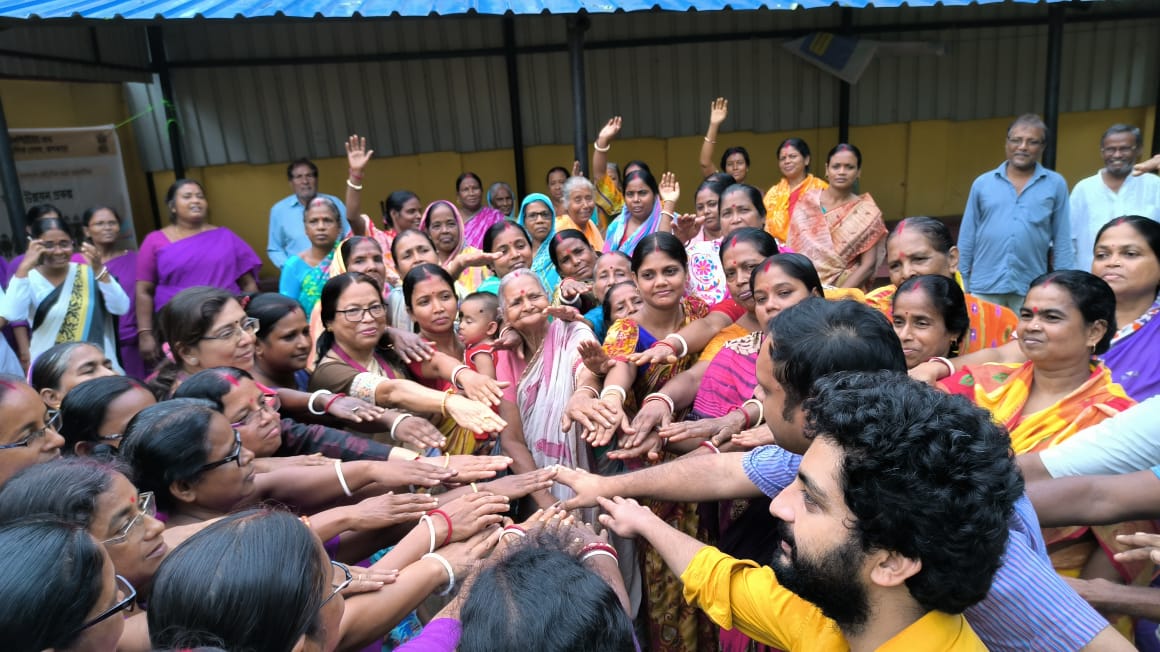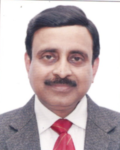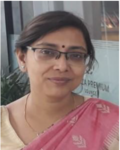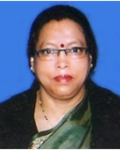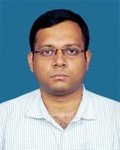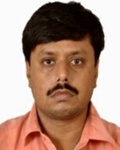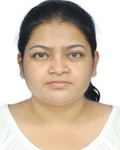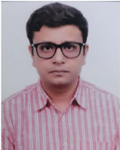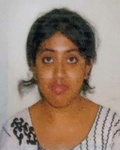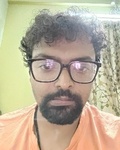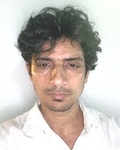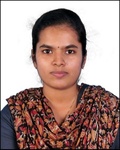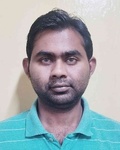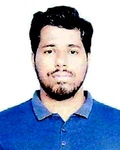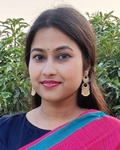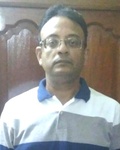PSM Image Slider

SDRF Training in Collaboration with NDRF
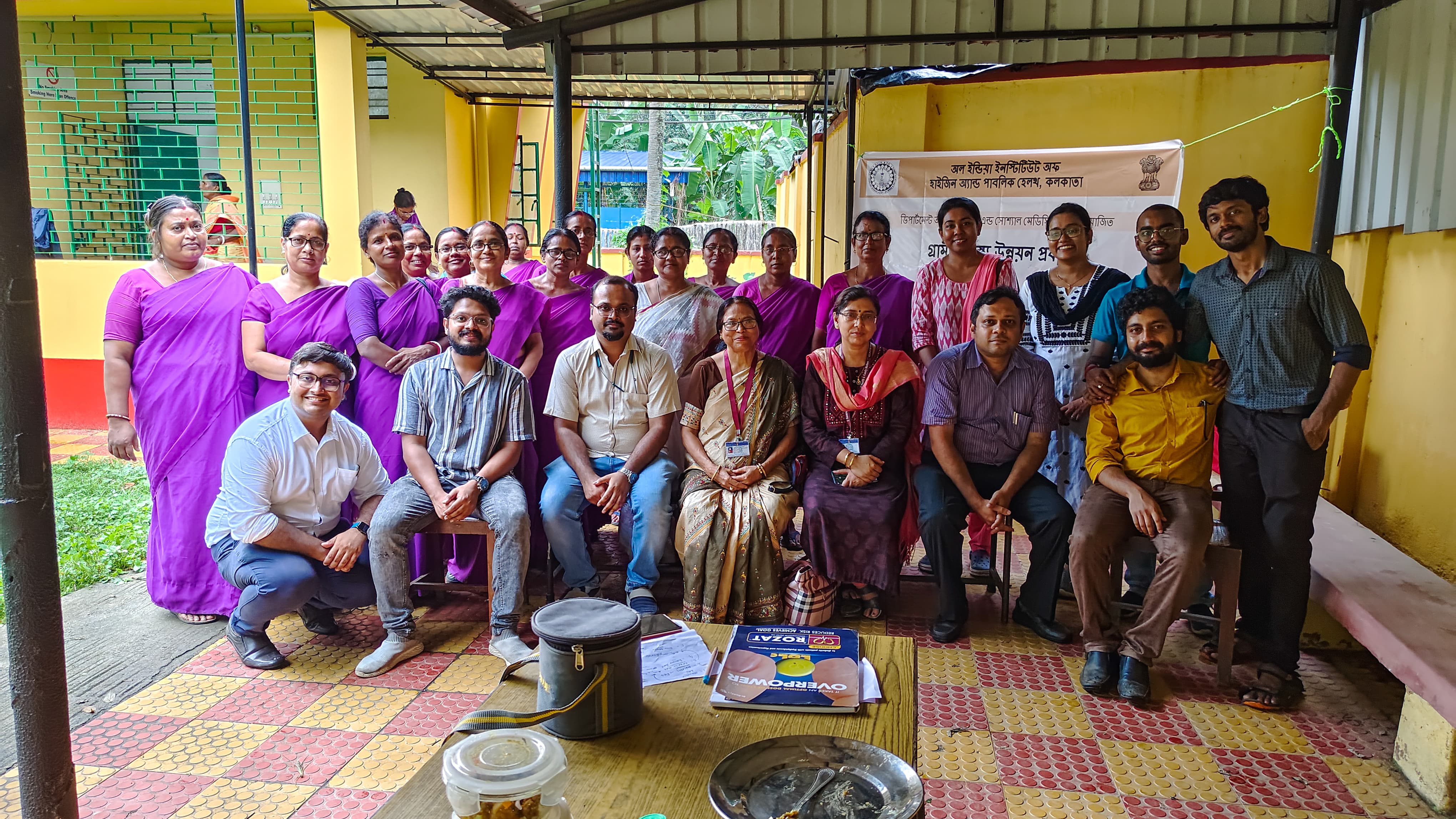
Village Adoption Programme
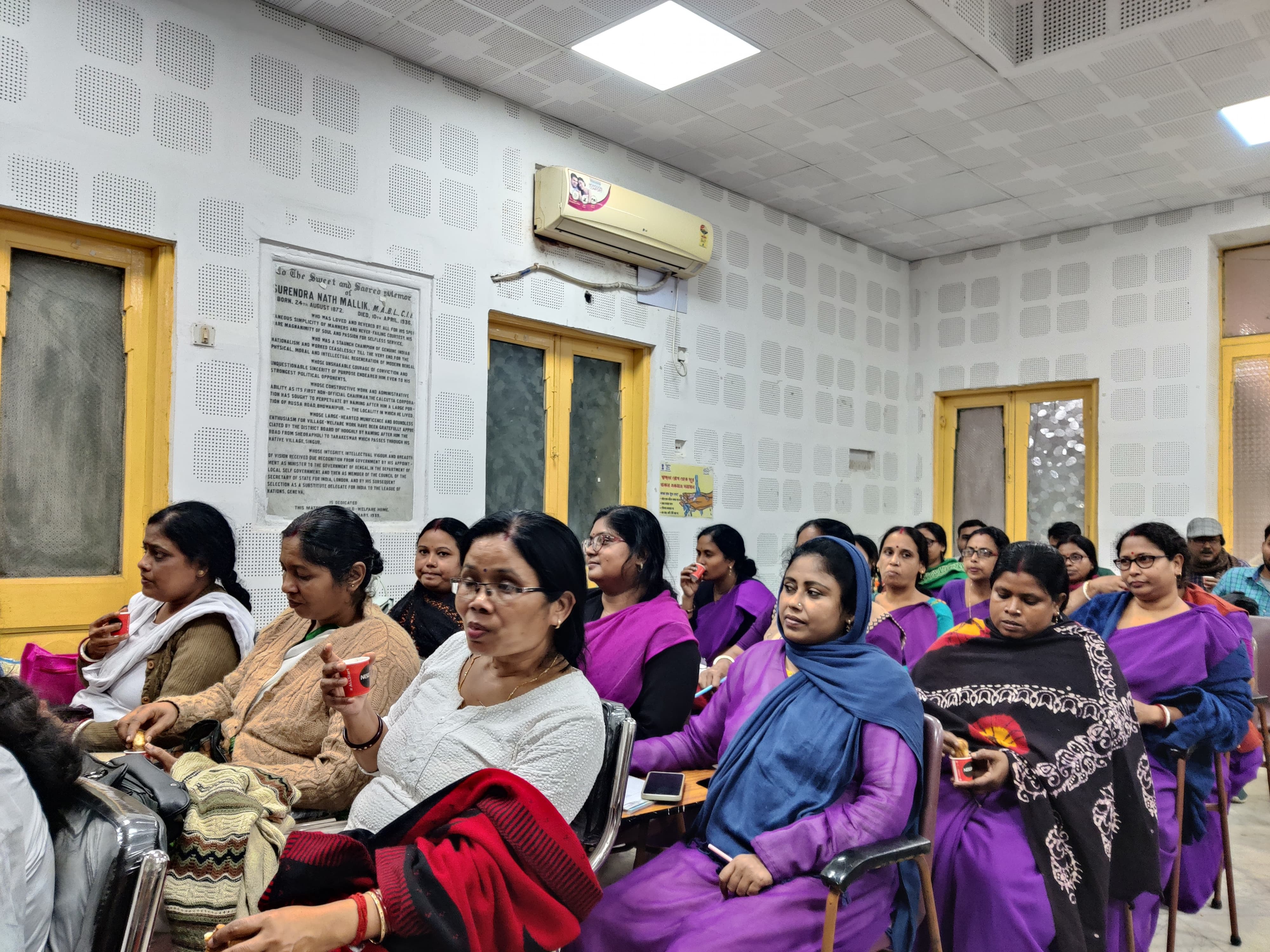
ASHA Sensitisation
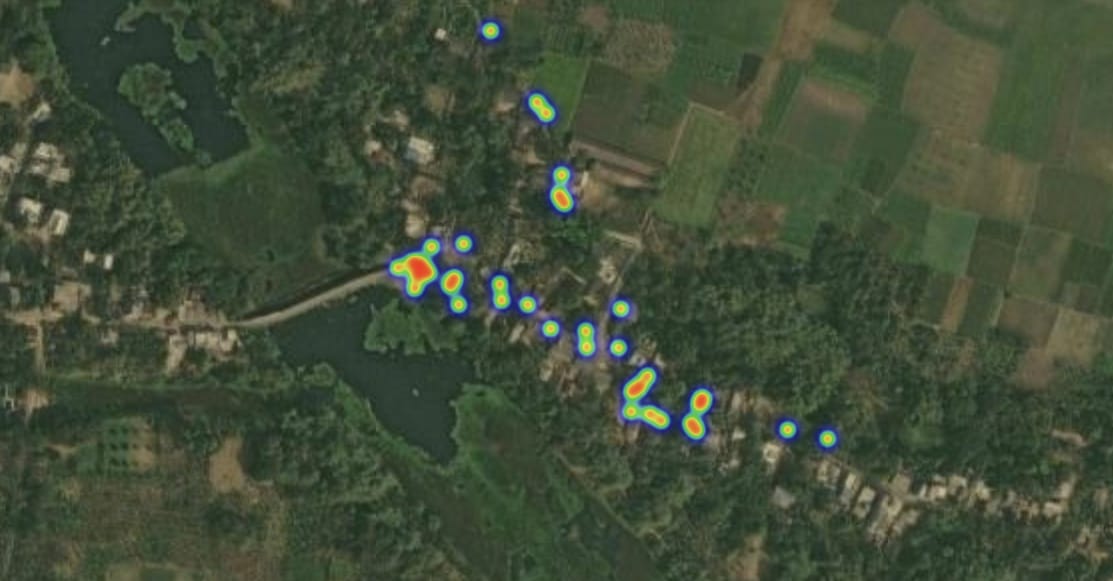
GIS Mapping
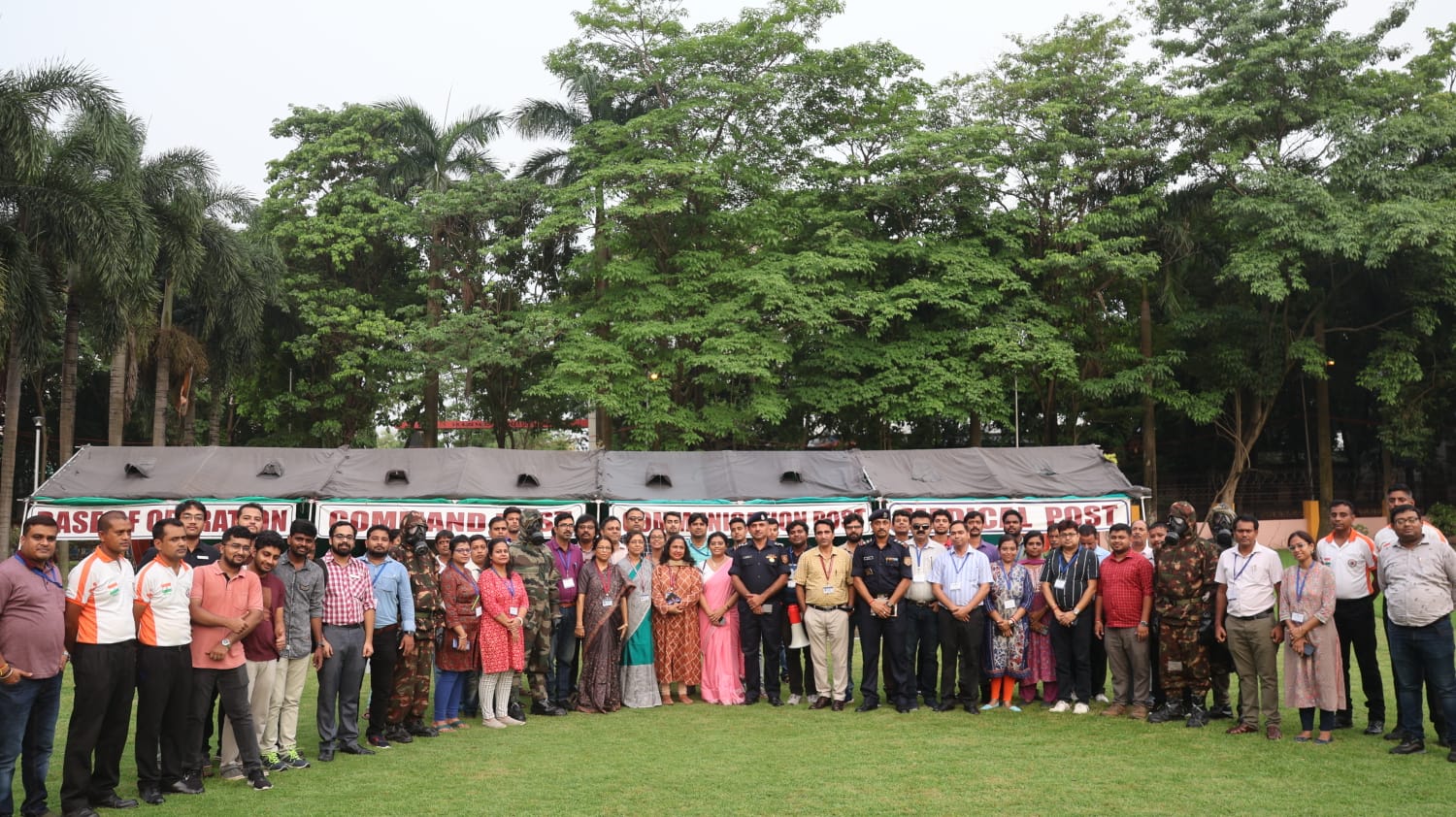
PHEM team
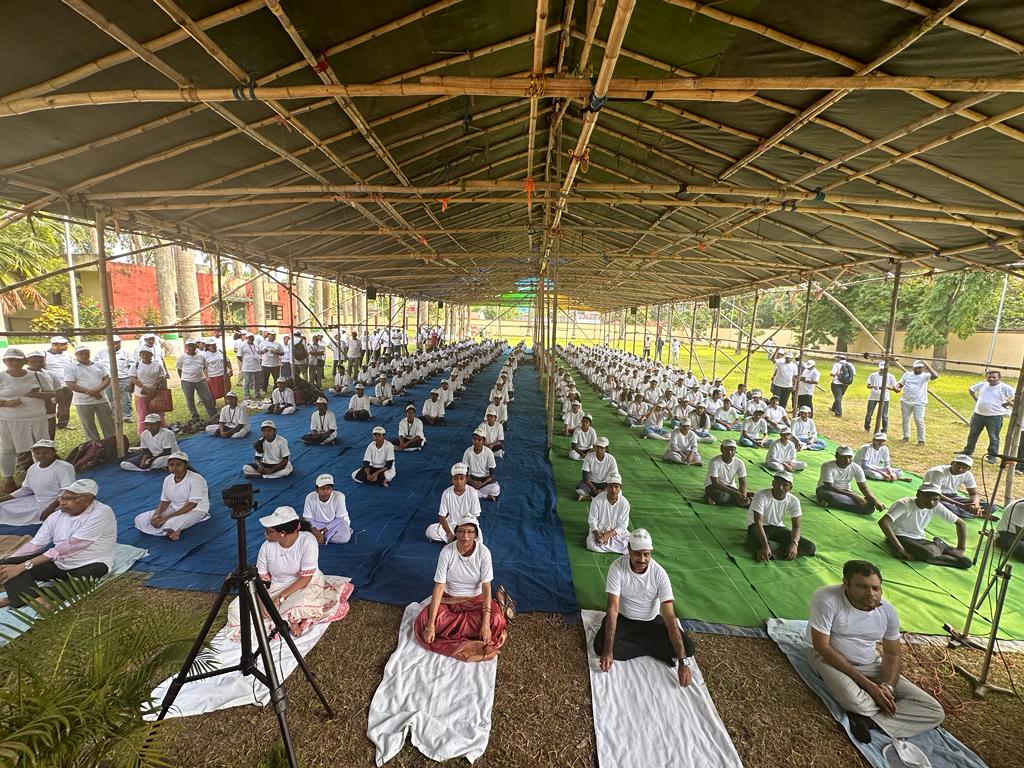
World Yoga Day
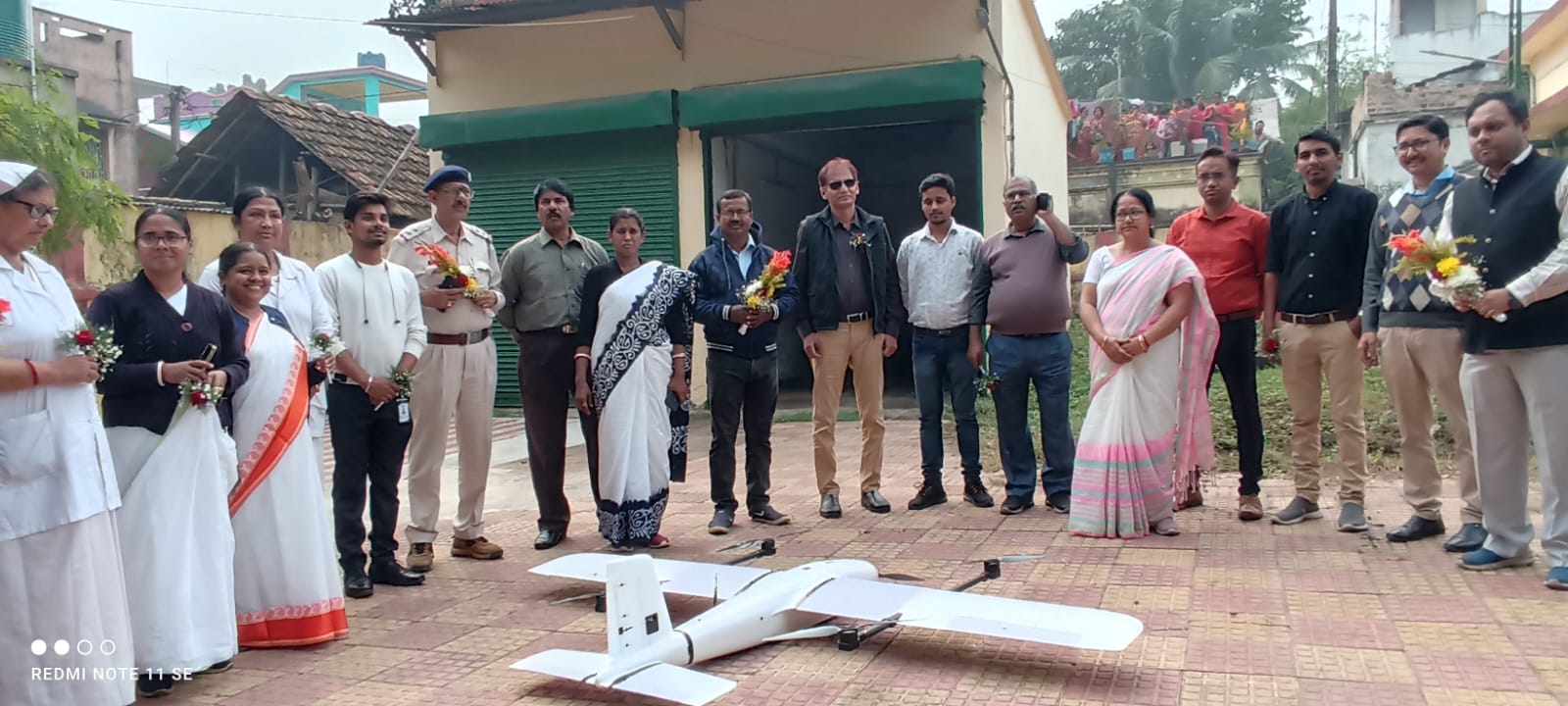
Drone flight
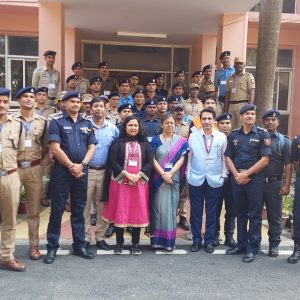
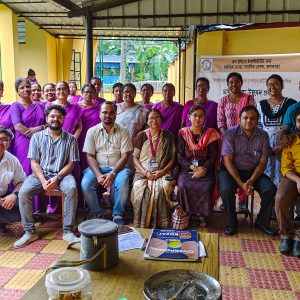
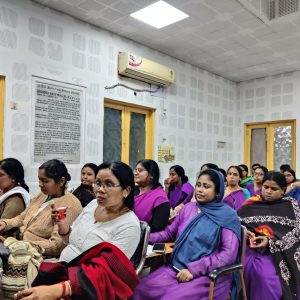
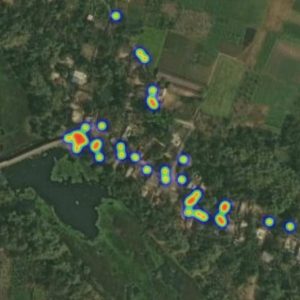
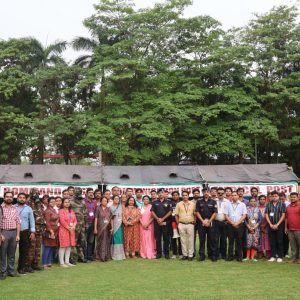
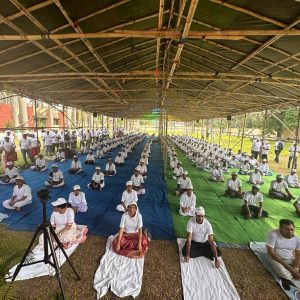
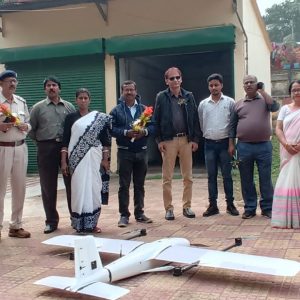
Department of Preventive and Social Medicine has been the backbone of All India Institute of Hygiene and Public Health pioneer public health institute since inception through its multi-disciplinary functions in the form of research, education, and training interventions.
Genesis of the MD (Community Medicine) Course: With the development of social and behavioural science and of increasing stress on role of prevention, their role and importance in public health training became more and more felt. Secondly the integrated health care in primary health centre as recommended by the Bhore Committee needed doctors who are suitably trained in both social cum preventive and curative medicine. Accordingly, in the undergraduate training course the subject of Public Health and Hygiene was replaced by Preventive and Social Medicine. The real crux of the problem was the dearth of trained teachers on the subject. The Institute therefore created a chair of Social and Preventive Medicine initially to provide an eighteen months certificate course for doctors desirous to serve as teachers. Dr. A. K. Banerjee was appointed as its first Professor on 16.04.1960.
The course was subsequently upgraded as a two years course for MD, Social and Preventive Medicine beginning from 1973, under the Calcutta University with the objective of developing skilled and motivated workforce in public health services including training of trainers and course facilitators for planning, organization, and evaluation of national health programmes. Later from 1994 this course became a 3-year course. This MD course was initially on Social and Preventive Medicine under the University of Calcutta and later from 2004 it became Community Medicine under West Bengal University of Health Sciences. Starting with 5 seats which was later extended to 10 seats following increasing demand and presently the total number of seats in each session is 20 in number.
Year after year, this department has added numerous feathers in its crown be it skilled training in upcoming public health issues, academic publications, studies on important topics in the community or imparting training to school teachers, NGOs, health workers, etc.
Above all, we continue to teach, train and shape students into future public health specialists every year.
FACULTY
|
|
MBBS, MD, C Epid, PGC HFWM, PGC HM Director, AIIHPH Kolkata & Director Professor of PSM |
E-mail: director.aiihph@gov.in
Mobile No.:9311188920
Area of expertise: Applied Nutrition, Biostatistics, Epidemiology & Research Methodology. |
|
|
MD, DCH, FAIMER Fellow Professor, Head of the Department
|
E-mail: paulbobby.aiihph@gov.in
Mobile No.:9830046821
Area of expertise: Bioethics, Non- communicable diseases, and Child health. |
|
|
MBBS, DPH, MD(PSM) Advisor Public Health (SAG) Professor (EQ) |
E-mail:sulins81@gmail.com
Mobile No.: 9830020149
Area of expertise: Public Health and MCH |
|
|
MBBS, MD Associate Professor and Head, Department of Occupational Health
|
E-mail: drmonalisha@outlook.com
Mobile No.: 9873927966
Area of expertise: Epidemiology, Maternal Infant and Young Child nutrition, Health Promotion and Education, Healthy Work Environment. |
|
|
MD, MBA (Healthcare Management). Postgraduate Diploma in Family Medicine Assistant Professor
|
Email: rivubasu83@gmail.com
Mobile No:8420256694
Area of expertise: Health Management, Health Economics |
STUDENT LIST
2020-2023 BATCH POST-GRADUATE TRAINEES
|
|
|
|
|
|
2020-2023 |
Dr. Subhajoy Maitra |
A Case Control Study on the Risk Factors of MDR TB and Quality of Life among Adult Patients attending a District Tuberculosis Centre in Kolkata , West Bengal |
|
|
2020-2023 |
Dr. Debarati Routh |
A Comparative Study on Knowledge, Attitude, and Practice regarding Common Cancers in Women among the Female Students in a Rural and an Urban College of West Bengal. |
|
|
2020-2023 |
Dr. Noor Islam Bag |
A Study on Burden of Malaria Infection and Associated Household Level Risks in an Urban and a Rural Area of West Bengal |
|
|
2020-2023 |
Dr. Satyabrata Maity |
A Cross Sectional Study on Quality of Life among the Patient of Coronary Artery Disease attending Out-patient Department of a Tertiary Care Hospital in Kolkata |
|
|
2020-2023 |
Dr. Nivedita Bharti |
A Study on Well-being and Morbidity Profile of Elderly Person Residing in Selected Old Age Homes of Kolkata |
|
|
2020-2023 |
Dr. Sandipta Chakraborty |
A Study on Epidemiology of Common Non-Communicable Diseases among People Living with HIV Attending a Tertiary Care Hospital in West Bengal |
|
|
2020-2023 |
Dr. Chirasree Sarkar |
A Study on Nutritional Status and its Correlates among the Elderly in A Rural Area of Hooghly District, West Bengal |
|
|
2020-2023 |
Dr. Sagnik Chakraborty |
A Study on Healthcare Utilisation & Out of Pocket Health Expenditure during Covid-19 Pandemic among Households in an Urban and Rural Area of West Bengal |
|
|
2020-2023 |
Dr. Trina Sengupta |
An Epidemiological Study on Double Burden of Malnutrition among Mother-Child Dyads in a Rural Area of West Bengal |
|
|
2020-2023 |
Dr. Anand Kishore |
A Cross-sectional Study on Health Status and Health Seeking Behaviour of School-going Adolescents in a Rural Area of Hooghly District, West Bengal |
|
|
2020-2023 |
Dr. Reshma A S |
A Community-Based Study on Health Literacy and its Associates among Adults in a Rural area of Hooghly district, West Bengal |
|
|
2020-2023 |
Dr Dipankar Jana |
A Study on Morbidity Patterns and Health-Seeking Behaviour among Zari Embroidery Workers in a Rural Community of Howrah District, West Bengal |
|
|
2020-2023 |
Dr. Ayon Maiti |
A Case Control Study on Factors of Maternal Near Miss at a Tertiary level hospital, Kolkata |
|
|
2020-2023 |
Dr. Tanaji Mukherjee |
A Cross-Sectional Study on Morbidity Profile of Printing Press Workers in Madhyamgram Municipality Area of North 24 Parganas |
|
|
2020-2023 |
Dr. Riya Halder |
Health Related Quality of Life in Women with Polycystic Ovary Syndrome attending a Tertiary Care Hospital in Kolkata, West Bengal |
|
|
2020-2023 |
Dr. Adhiraj Barman |
A Cross Sectional Study on Quality of Life and Associated Coping Behaviour of Oral Cancer Patients Attending a Tertiary Care Hospital, Kolkata |
|
|
2020-2023 |
Dr. Aditi Ajit Jaiswal |
A Community Based Study on Infant and Young Child Feeding Practices in a Rural Area of Hooghly District, West Bengal |
|
|
2020-2023 |
Dr. Kamal Kishore |
A Study on In-patient Experience and Quality Standards in Gynaecology and Obstetrics Department of a Secondary Level Hospital in Hooghly District of West Bengal |
|
2021-2024 BATCH POST-GRADUATE TRAINEES
Batch
Name
Thesis/ Dissertation
Photo
2021-2024
Dr. Ankur Chaudhari
Morbidity Profile, Health Service Utilisation and Out-Of-Pocket Expenditure among Mothers and Infants in a Rural Area of Singur, West Bengal: An Ambispective Study’

2021-2024
Dr. Shuvajit Roy
A Cross-sectional Study on Locomotor Capacity among Elderly in a Rural Area of Singur Block, West Bengal
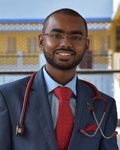
2021-2024
Dr. Soumyajit Moulik
A Non-Randomised Controlled Study on Impact of Diabetes Self-Care Management Education on HbA1c levels among Diabetes patients of a selected slum area
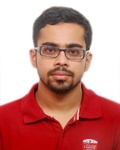
2021-2024
Dr. Kishore Eswaramoorthi
A Community-based Cross-sectional Study on Multimorbidity and its Outcomes among Adults Aged 45 years or Above in a Rural Area of Hooghly District, West Bengal
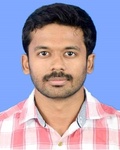
2021-2024
Dr. Anasuya Biswas
A Cross-Sectional Study on Cognitive Health among Hypertensive Patients Attending an Urban Health Centre in Kolkata, West Bengal

2021-2024
Dr. Anusrita Ghosh
A Study on Quality of Life of Post Stroke Survivors attending Stroke Clinic of a Tertiary Care Hospital in Burdwan district, West Bengal

2021-2024
Dr. Kaustav Chakrabortty
A Cross Sectional Study on Distress and Coping among Caregivers of Cancer patients Attending Oncology Department of a Tertiary Care Hospital, Kolkata

2021-2024
Dr. Gurusanganabasava Hawaldar
A Community-Based Study on Unintentional Injuries Among Elderly Residing in A Rural Area of Hooghly District in West Bengal

2021-2024
Dr. Md Ali Mallick
Health-Related Quality of Life among Chronic Obstructive Pulmonary Disease Patients attending an Out Patient Department in a Tertiary Care Hospital in Kolkata

2021-2024
Dr. Akash Dasgupta
A Study on the Morbidity Profile of Brick-kiln Workers in a Rural area of Hooghly district, West Bengal
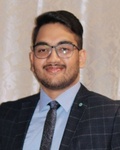
2021-2024
Dr. Narayani Siware
A Study on Reproductive Tract Infection among Women of Reproductive Age Group in a Rural Area of Singur, West Bengal

2021-2024
Dr. Sayantika Barman
A Study on Perceptions Regarding Infant and Young Child Feeding Practices Using Health Belief Model in a Rural Area of Hooghly District, West Bengal

2021-2024
Dr. Abhijit Dhara
An Epidemiological Study on Diarrheal Diseases among 6 to 59 Months of Children in a Slum Area of Kolkata
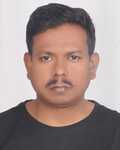
2021-2024
Dr. Aditi Sur
A Study on Metabolic Syndrome and its Determinants among Adult Women of Reproductive Age Group in a Rural Area of Hooghly District, West Bengal

2021-2024
Dr. Soumik Ghosh
Effect of Health Education Intervention on Knowledge and Attitude Regarding Childhood Injuries among Caregivers of Under Five Children in an Urban Slum of Kolkata.
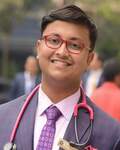
2021-2024
Dr. Mohammed Adil Hussain
A Comparative Study on Anaemia among Elderly in a Rural area of Singur and Selected Slum areas of Kolkata
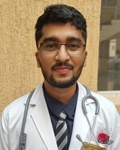
2021-2024
Dr. Rumelika Kumar
A Study on Morbidity Pattern and Health Seeking Behaviour among Female Beedi-Rollers in Selected Rural Area of South 24 Parganas, West Bengal
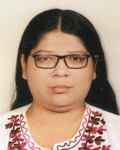
2021-2024
Dr. Sujith Surendran
A Comparative Study on Air Pollutants Exposure and Respiratory Health of Street Vendors and Established Shopkeepers in Selected Market Areas in Kolkata

2021-2024
Dr. Anurag Mondal
A Study on Gestational Diabetes Mellitus and Factors associated with it among Mothers attending Antenatal Clinic of an Urban Health Centre in Kolkata

OTHER STAFFS IN THE DEPARTMENT
|
|
|
|
|
|
1 |
Stenographer |
Sh. PB Patra |
Secretarial Assistance |
|
2 |
Museum Curator |
Smt. Gouri Dutta |
Museum – Curator |
|
3 |
MTS |
Sh. Anil Kr.Balmiki |
Support Service |
REGULAR COURSES CONDUCTED:
MD (CM) Three-year full-time course recognized by MCI and affiliated to WBUHS. MCI inspection was successfully completed on 6th August 2019 and renewal of the course was obtained for next 5 years.Classes
taken for other courses i.e., DPH, DHPE, DHS, PGDPHM, and Skill based courses.
Name of Course:
MD (Community Medicine)
Intake capacity:
20 seats per year
Short introduction:
Community Medicine is an academic subject, a branch of Medicine which deals with promotion of health and prevention of diseases, involving people’s participation, utilizing professional management skills.
MD (Community Medicine) course envisions to generate specialists who would provide high quality health care and medical interventions primarily focused on Community Health/Population Health and thereby advance the cause of science through research & training. The Guidelines for teaching Community Medicine, as provided by National Medical Commission, is designed to create a cadre of professionals who will be competent to meaningfully contribute their expertise in planning, implementation, co-ordination, monitoring, evaluation of Primary Health Care Programs based on scientific evidence. The competencies cover a wide spectrum of skills viz., technical, managerial, administrative, organizational skills, applied skills in Health Information Management, software application and soft skills of communication, motivation, decision-making, team building, training in scientific communication and medical writing.
Affiliation:
NMC recognized course affiliated to West Bengal University of Health Sciences
Duration:
Three years
Method of Selection:
NEET PG Examination
Stipend if any:
Yes, as per JR Scheme of MoH&FW (7 th CPC)
UPCOMING COURSES/PROGRAMMES
- Hospital Preparedness for Public Health Emergency Management Training (2 batches)
- Workshop on Operations Research in Public Health (1 batch)
- Training Programme on Mixed Methods Research(1 batch)
- Certificate Course in Public Health Administration(1 batch)
- Village Adoption Programme
- Awareness Programme on Food safety and Balanced Nutrition at a Brick-kiln in Singur
- Awareness Programme on Menstrual Hygiene in a Blind School in Behala, Kolkata
- Observation of World Leprosy Day
- Observation of World Disability Day
- Observation of International Day of Older Persons
SERVICES
- Participation in Emergency Medical Relief(EMR) duties of MoH&FW during public health emergencies across the country
- Patient care services at RHU&TC, Singur and UHU&TC,Chetla
- Monitoring and surveillance of national health programmes as and when required
- Conduction of Field level awareness programmes under Swachh Bharat Mission mandate
ACHIEVEMENTS
Junior Residents
|
|
|
|
|
Dr. Sandipta Chakraborty
|
1st prize in Poster presentation
|
WBIPHACON, 62nd Annual State Conference of IPHA West Bengal State Branch (25th-26th June 2022) |
|
Dr. Satyabrata Maity |
3rd prize in Poster presentation |
WBIPHACON, 62nd Annual State Conference of IPHA-West Bengal State Branch (25th-26th June 2022) |
|
Dr. Aditi Ajit Jaiswal |
2nd prize in Poster presentation |
WBIPHACON, 62nd Annual State Conference of IPHA-West Bengal State Branch (25th-26th June 2022) |
|
Dr. Riya Halder |
3rd prize in Oral Paper presentation |
WBIPHACON, 62nd Annual State Conference of IPHA-West Bengal State Branch (25th-26th June 2022) |
|
Dr. Subhajoy Maitra |
1st prize in National Level Essay Competition |
World TB Day 2022, organized by Department of Community Medicine, Government Medical College, Miraj |
|
Dr. Sagnik Chakrobortty |
IAPSM Top 10 Presenter award |
World Health Day |
|
Dr. Ankush Banerjee |
2nd prize in National Level Quiz competition |
National Conference of IAPSM (IAPSMCON 2022), Nagpur, Maharashtra (3rd-5th March 2022) |
|
Dr. Biswadip Chattopadhyay |
2nd prize in National Level Quiz competition |
National Conference of IAPSM (IAPSMCON 2022), Nagpur, Maharashtra (3rd-5th March 2022) |
EVENTS
|
|
|
|
|
|
MMR workshop is the flagship programme of the Department of PSM. It was conducted from January 9 th to January 11 th ,2023 with a pan India participation. The various technicalities of Mixed Method Research were taught in an interactive fashion through various group activities which the participants enjoyed thoroughly. |
|
|
|
Special initiative taken by Dr. Ranjan Das, Director, AIIHPH : technical support was provided to 6 districts of West Bengal by two faculty members Dr Lina Bandyopadhyay (team lead), and Dr Monalisha Sahu along with junior residents for surveillance activities for Mass Drug Administration (MDA) for Filaria elimination. |
|
|
|
The 2 nd and 3 rd year post graduate trainees were posted at the measles rubella vaccination camps held at various schools under RHUTC, Singur. The post graduate trainees actively monitored the maintenance of cold chain, the administration of vaccine, took care of the adverse effects following immunisation if any, and the maintenance of the record |
|
|
|
Dr Lina Bandyopadhyay, Advisor Public Health, Dept of PSM, AIIH&PH, Kolkata along with 2nd year MD(CM) PGTs & Mr. Rao Health Assistant conducted awareness program on Swachh Bharat Mission among school going children of Nanda Board Primary School, Singur on 14.03.2023. A drawing competition was held among the primary school children on the theme of Swachh Bharat , this was followed by health talk by the post graduate trainees on hand hygiene and sanitation |
|
|
|
Dr Lina Bandyopadhyay, Advisor Public Health, Dept of PSM, AIIH&PH, Kolkata, and MD(CM) PGs , Dr Shamita Mandal CMO(NFSG), other health personnel and ASHAs conducted awareness program on Swachh Bharat Mission among migrant labourer of a Brickfield under RHU&TC, Singur on 06.03.2023. Health talk was given by the post graduate trainees on hand hygiene, food safety and menstrual hygiene with demonstration |
|
|
|
|
|
Sandipta Chakraborty |
Third prize overall among all poster categories |
|
Ankur Chaudhari |
Topper in Poster (Miscellaneous category) |
|
Sayantika Barman |
Topper in Poster (Miscellaneous category) |
|
Shuvajit Roy |
Topper in Poster (Miscellaneous category) |
|
Sujith Surendran |
Topper in Poster (Child and adolescent health category) |
|
Akash Dasgupta |
Topper in Poster (Climate change, environment and occupational health category) |
|
Gurusanganabasava Hawaldar |
Topper in Poster (Mental and Geriatric health category) |
|
Kishore Eswaramoorthi |
Second Prize in Journal Club competition |
|
Soumik Ghosh |
Best oral presentation in Public health nutrition, Reproductive and Maternal health category.
First prize in Journal club competition. |
|
|
|



